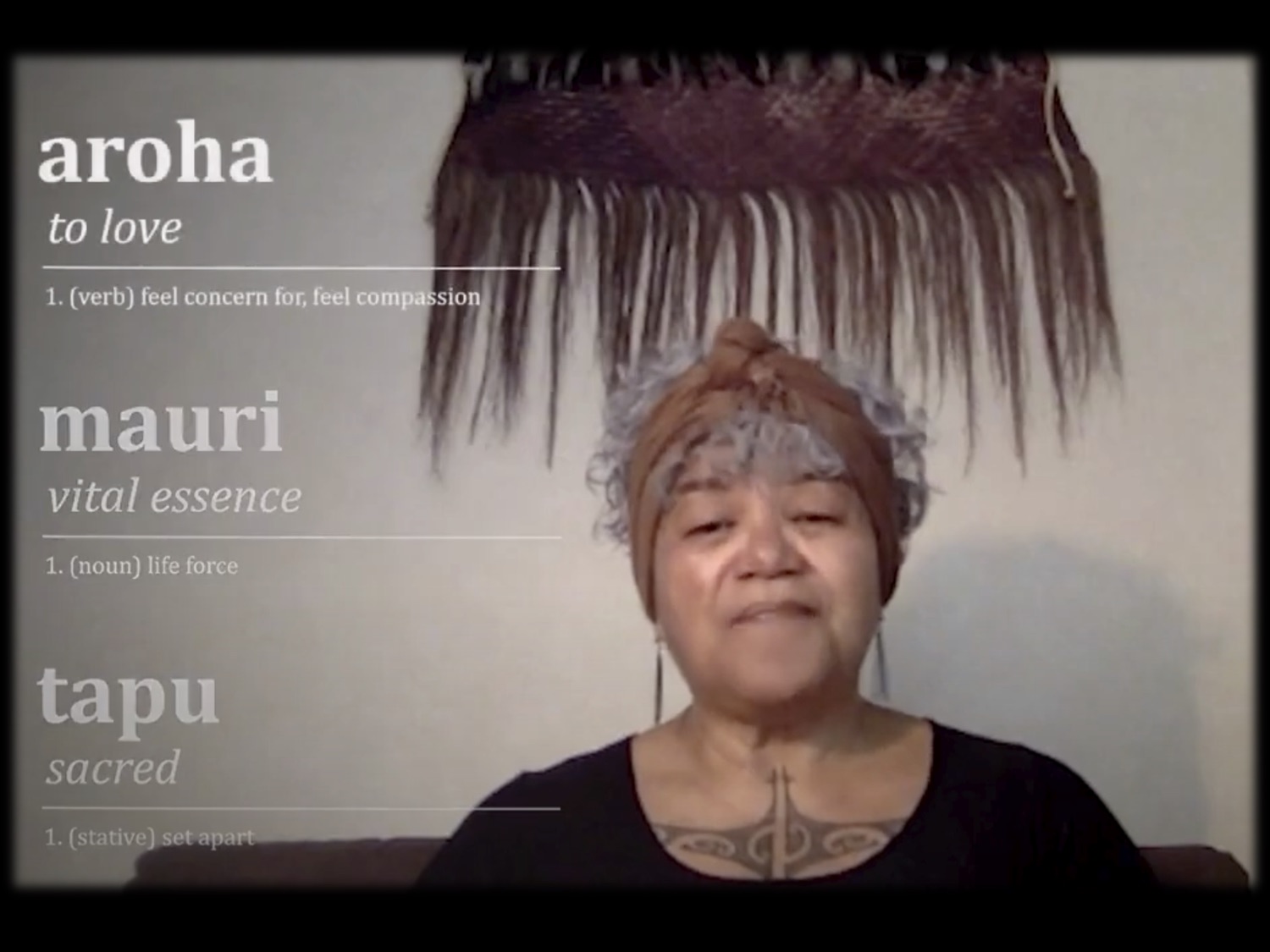Listening to Indigenous perspectives
The climate crisis and the rapacious impacts of capitalism disproportionately affect certain groups of people, especially Indigenous people.
Indigenous and First Nations communities are some of the most vulnerable to the devastating impacts of climate change. Their deep connection to land and natural resources means that climate change threatens their very survival and way of life. Across the world, Indigenous territories and livelihoods are also threatened by extractive industries, such as mining and intensive farming (including through deforestation). In some cases, threats are posed by measures considered to be climate mitigation strategies, such as hydroelectric power or biofuel production.
Why listening matters
Indigenous people, including many Anglican Indigenous people, are living with injustice and vulnerability, but they are also offering wisdom and solutions. Indigenous perspectives on the climate emergency and stewardship of natural resources offer both practical and spiritual responses to the interconnected crises the world is facing. This is wisdom the world urgently needs to hear and take on board.
Indigenous groups are at the forefront of climate resilience, as holders of local knowledge on the sustainable management of lands, forests, and resources. This traditional knowledge offers critical insight into effective adaptation and building resilient communities.
At the same time, Indigenous communities offer a shared perspective of deep interconnection and mutual flourishing with creation, countering widely held worldviews based on extraction and domination.
Prophetic Indigenous voices on the planetary crisis
This ground-breaking set of videos was made in 2020 as a response to the environmental racism and wider racism which became so painfully evident that year.
See our dedicated page about the videos here.

Revd. Jacynthia Murphy in the Prophetic Indigenous Voices video from Aotearoa, New Zealand and Polynesia.
How is the Anglican Alliance listening to Indigenous voices?
The Anglican Alliance supported the development of the Prophetic Indigenous Voices on the Planetary Crisis videos and the webinars which accompanied them. The messages that came through the videos have been fundamental to shaping the Anglican Alliance’s inputs into the Anglican Communion’s policy papers to the UNFCCC climate negotiations, the UNEA environmental negotiations and the Lambeth Call on the Environment and Sustainable Development.
Colloquium in Brazil
In December 2024, the Anglican Alliance helped convene a groundbreaking event bringing together church leaders, indigenous and Afro-descendant theologies, and practitioners to explore the power of indigenous theologies in advancing advocacy and social change. Read more here.
Challenging the Status Quo
The colloquium sought to address the urgent need for decolonial perspectives within theological discourse. By centring the voices and experiences of indigenous and traditional communities from communities in Fiji, New Zealand Aotearoa and Polynesia, the Philippines and Latin America, the event aimed to challenge traditional, Western-centric approaches to theology and equip faith leaders to advocate for systemic change.
Key Questions and Themes
The colloquium delved into critical questions surrounding the urgency of mainstreaming indigenous theologies and struggles for rights in:
- Enhancing advocacy efforts: How can these theologies inform and strengthen advocacy strategies for climate justice, environmental racism, anti-racism, and social equality?
- Influencing theological establishments: How can indigenous and traditional communities’ perspectives challenge and transform institutions heavily influenced by white and Westernized theological traditions?
- Driving societal change: How can indigenous and traditional communities’ theologies serve as instruments of change, creating tangible social impact?
Emerging themes of the informal part of the colloquium included:
- The understanding of the profound interconnectedness of all life that is shared by indigenous peoples.
- The importance of naming and framing – for example, calling the ocean ‘grandmother’ or referring to the earth as ‘womb’ – to shaping how we see the world and our relationship with it.
- How particular words have subtexts and implications. For example, many indigenous people talk about territory rather than land. The word ‘land’ is associated with ownership and title – colonial concepts – whereas ‘territory’ is much more than physical land, embracing air, wind, rivers, the ocean and the life within it.
- Seeing land as something that belongs to you rather than territory as something to which you belong profoundly shapes attitudes and behaviours.
- The importance of centring a theology of creation. Creation as the first missionary: creation spoke first and witnessed to who God is.
- Seeing Moana (ocean) as what connects people in the Pacific, not what separates them. Likewise, land / territory holds people together.
- The essential interconnection between indigenous theology and politics as it relates to indigenous rights.
- The differences between indigenous situations in different geographical contexts.
- Not romanticising indigenous people, recognising need of indigenous people to critique their own cultures.
